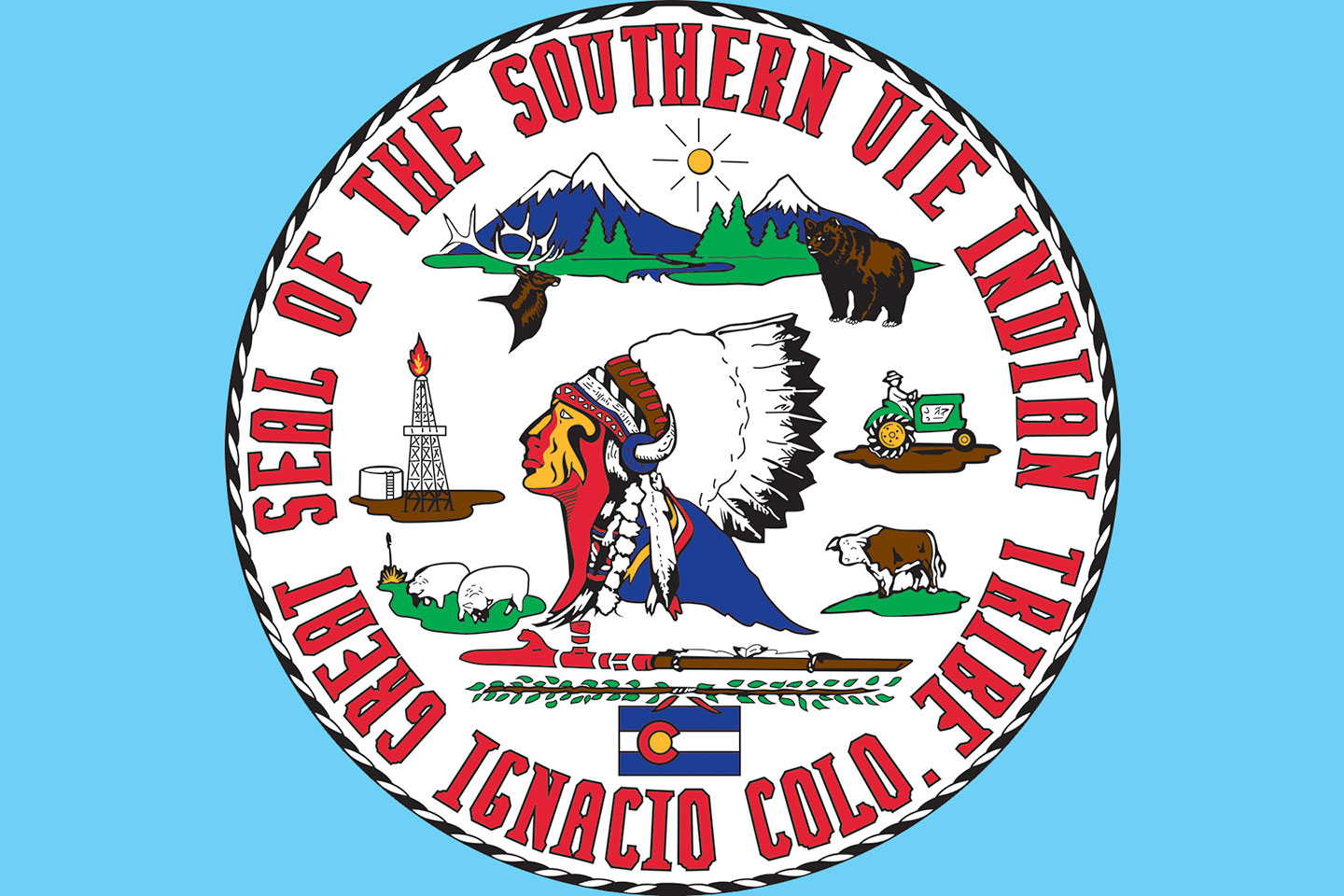Since the end of November, the Southern Ute Tribal Council had been seeking public comment on the draft revised Traffic Code. After not receiving many comments, the Tribal Council extended the comment period to February 5, 2018. The comment period for the revised Traffic Code has, therefore, ended. The Tribe will review comments received and consider suggested revisions before adopting the final version of the Traffic Code.
Because the Tribe will be seeking to issue civil citations for traffic infractions not only to Indians, but also to non-Indians on roads where the Tribe has civil jurisdiction over non-Indians under P.L. 98-290, the federal legislation confirming the Reservation’s boundaries, Tribal Council wanted to offer the general public an opportunity to comment on this Traffic Code. The Tribal Court will conduct traffic infraction hearings, and appeals will be handled by the Tribe’s Appellate Court, which is administered by the Northwest Intertribal Court System in the State of Washington. Appellate hearings can be conducted and arranged in person, telephonically, or by other technological means at the Tribal Court.
During the comment period, Tribal Council was also interested in hearing from the public on the appropriate blood alcohol content (BAC) for an offense that the Tribe is considering adding to the current Traffic Code—Driving with an Excessive Blood Alcohol Content (known as DUI Per Se under Colorado law). This is a separate offense from driving under the influence (DUI) and Driving While Ability Impaired (DWAI) and is, therefore, a proposed new offense that does not exist in the Tribe’s current Traffic Code that was drafted before Colorado adopted a DUI Per Se law. The BAC level to charge an Indian with driving under the influence will remain the same as it has been, 0.08, and Indian drivers with BACs of 0.05 to 0.08 will be charged with DWAI.
In the revised Traffic Code, the Tribal Council, wanted to avoid an overlap in the BAC level for the DUI offense and the Driving with an Excessive BAC offense. In Colorado, a driver whose BAC is measured at 0.08 or higher can be charged with both DUI and DUI Per Se. In other words, both offenses can be charged, although sentencing can be imposed on only one of the offenses if the defendant is convicted of both. To avoid the confusion to tribal members that non-Indians experience in State Court when charged with two separate offenses for basically the same unlawful driving behavior, the Tribal Council wanted to make the BAC for DUI Per Se to be higher (either a 0.10 or 0.15 BAC) than the BAC for a DUI.
In 2001, the Tribe and the State of Colorado entered into an Intergovernmental Agreement Concerning Revocation of Drivers’ Licenses. Before the Agreement was adopted, the State had been processing driver’s license revocations for Indian drivers on the Reservation under the State’s driver’s license laws and administrative hearing procedures. To settle litigation concerning State jurisdiction for driver’s license proceedings involving certain Indian drivers, the Tribe entered into this Agreement in which the Tribe agreed to adopt the 0.08 BAC standard for driver’s license revocation. The Agreement also establishes the administrative process for the Tribe to issue orders revoking Indians’ on-Reservation driving privileges, which the State recognizes and then imposes these revocation periods to the driver’s Colorado driving privileges. In this way, the revoked Indian driver is prohibited from driving both on and off-Reservation.

